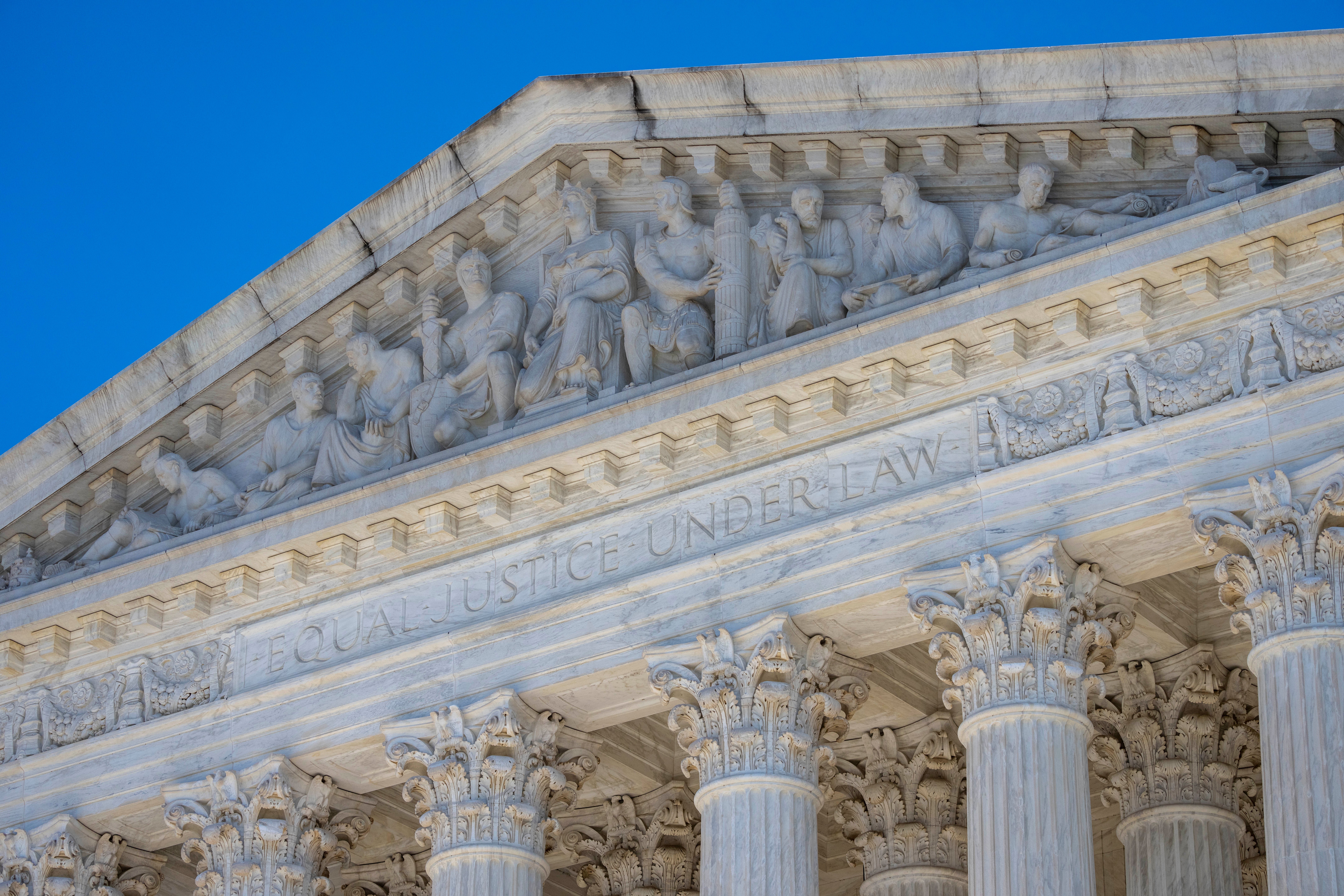Supreme Court weighs tech giants' liability in terror case
The Supreme Court will be weighing whether Facebook, Twitter and YouTube can be held responsible for a 2017 terrorist attack on a nightclub in Turkey

Your support helps us to tell the story
From reproductive rights to climate change to Big Tech, The Independent is on the ground when the story is developing. Whether it's investigating the financials of Elon Musk's pro-Trump PAC or producing our latest documentary, 'The A Word', which shines a light on the American women fighting for reproductive rights, we know how important it is to parse out the facts from the messaging.
At such a critical moment in US history, we need reporters on the ground. Your donation allows us to keep sending journalists to speak to both sides of the story.
The Independent is trusted by Americans across the entire political spectrum. And unlike many other quality news outlets, we choose not to lock Americans out of our reporting and analysis with paywalls. We believe quality journalism should be available to everyone, paid for by those who can afford it.
Your support makes all the difference.The Supreme Court is weighing Wednesday whether Facebook, Twitter and YouTube can be sued over a 2017 Islamic State attack on a Turkish nightclub based on the argument the platforms assisted in fueling the growth of the terrorist group.
What the justices decide to do in this case and a related one it heard Tuesday is important particularly because the companies have so far been shielded from liability on the internet, allowing them to grow into the giants they are today.
On the first day of arguments, the justices suggested they had little appetite for a far-reaching ruling that would upend the internet. Wednesday’s case about the nightclub attack in which 39 people died could provide an off-ramp for the justices if they want to limit the impact of what they do.
At the heart of the cases before the justices are two federal laws. The first is Section 230 of the federal Communications Decency Act, which protects tech companies from being sued over material put on their sites by users. The second is the Justice Against Sponsors of Terrorism Act, which allows Americans injured by a terrorist attack abroad to sue for money damages in federal court.
In Wednesday's case, the family of a man killed in the Reina nightclub attack in Istanbul sued Twitter, Facebook and YouTube parent Google under the terrorism law. Nawras Alassaf's family members, who are U.S. citizens, say the companies aided and abetted the attack because they assisted in the growth of the Islamic State group, which claimed responsibility for the attack. A lower court let the lawsuit go forward.
The platforms argue that they can't be sued because they did not knowingly or substantially assist in the Reina attack. If the justices agree, they don't have to reach bigger questions about Section 230 of the Communications Decency Act and whether it protects platforms when they recommend content.
The broader questions about Section 230 were at the center of the case the justices heard Tuesday. In that case, the family of an American college student who was one of 130 people murdered in the Paris attacks sued under the terrorism law.
Nohemi Gonzalez 's family argued that the Islamic State used YouTube to spread its message and recruit people to its cause. They said YouTube's algorithm, which recommends videos to users based on their viewing habits, was critical to the Islamic State's growth. Lower courts ruled Section 230 barred the lawsuit.